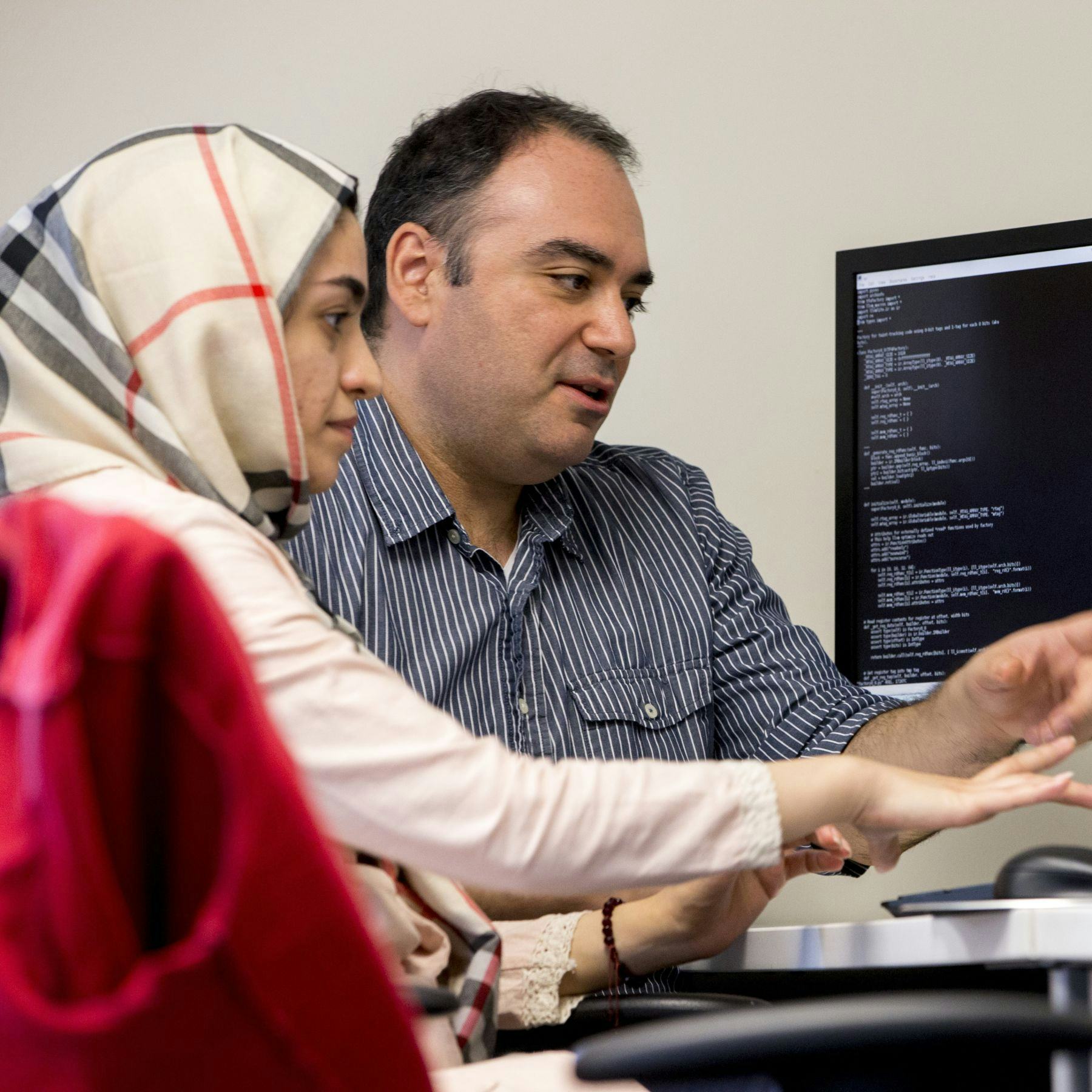
Department of Computer Science
Academic Programs
Catalyze Your Career

Announcements
Department of Computer Science Facts & Statistics

Learn About Our Research
We conduct research that shapes the modern information world and benefits society through advancements in cybersecurity, computer vision, machine learning, data science and artificial intelligence.

STEM Outreach at the Schaefer School
The Charles V. Schaefer, Jr. School of Engineering and Science is dedicated to science, technology, engineering, and math education and enrichment at all levels. Our numerous STEM outreach and education programs are designed to instill a love of science and technology in both teachers and students from K - 12 throughout the New York and New Jersey area, and beyond.

We're Hiring
The Department of Computer Science is hiring for teaching and tenure-track faculty positions. Learn more about our available positions and apply.
Get Social With Us
What’s happening in the Department of Computer Science at Stevens? Follow us on social media for student life, faculty highlights and research in action.
Department News
Upcoming Seminars & Events
Department Leadership
Meet the faculty and staff leading the Department of Computer Science. Find contact information for department administrators, academic advisors and more.



